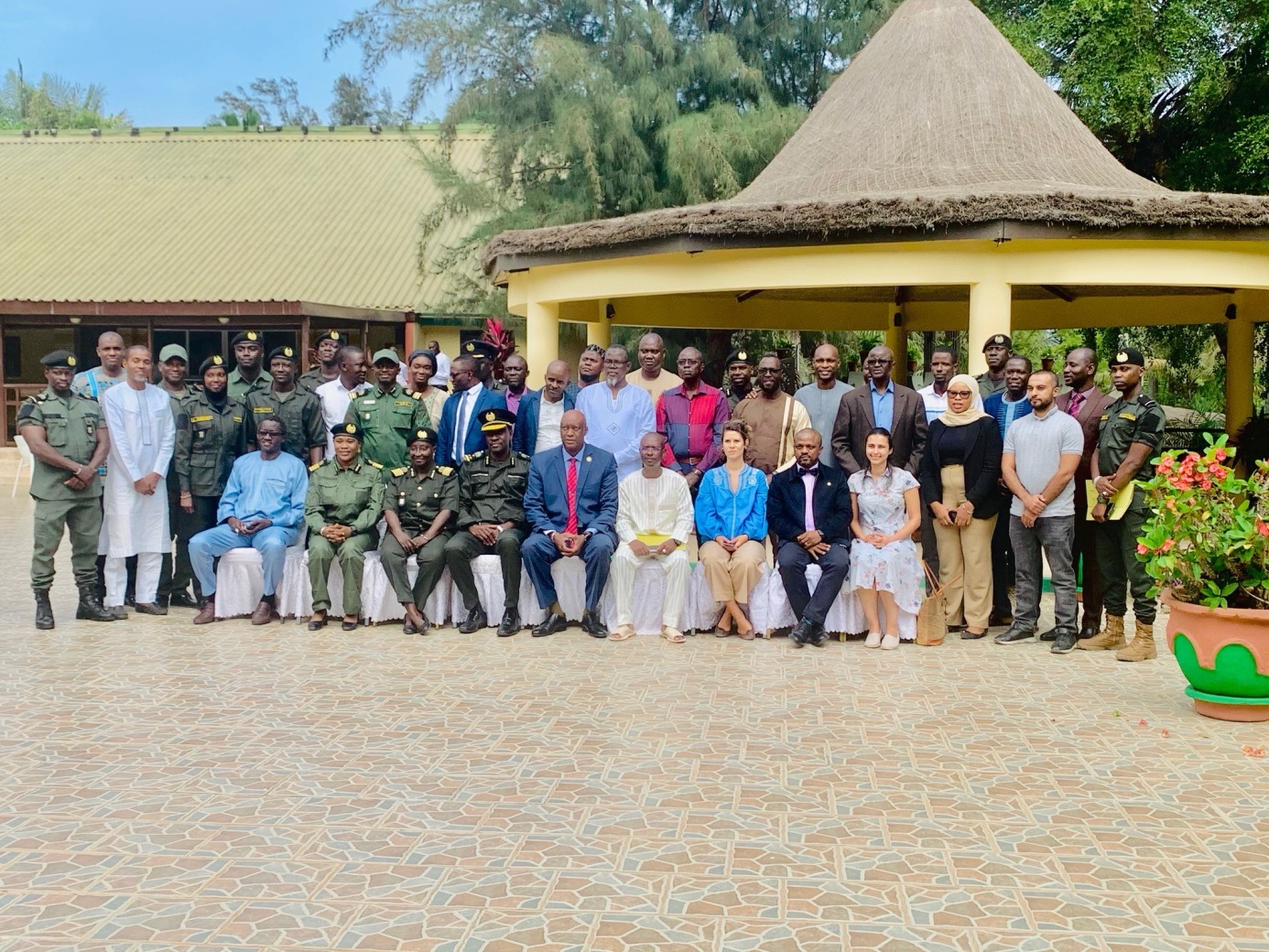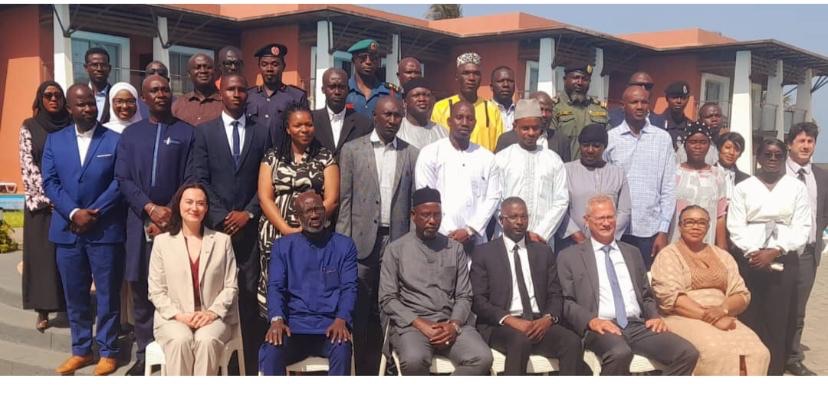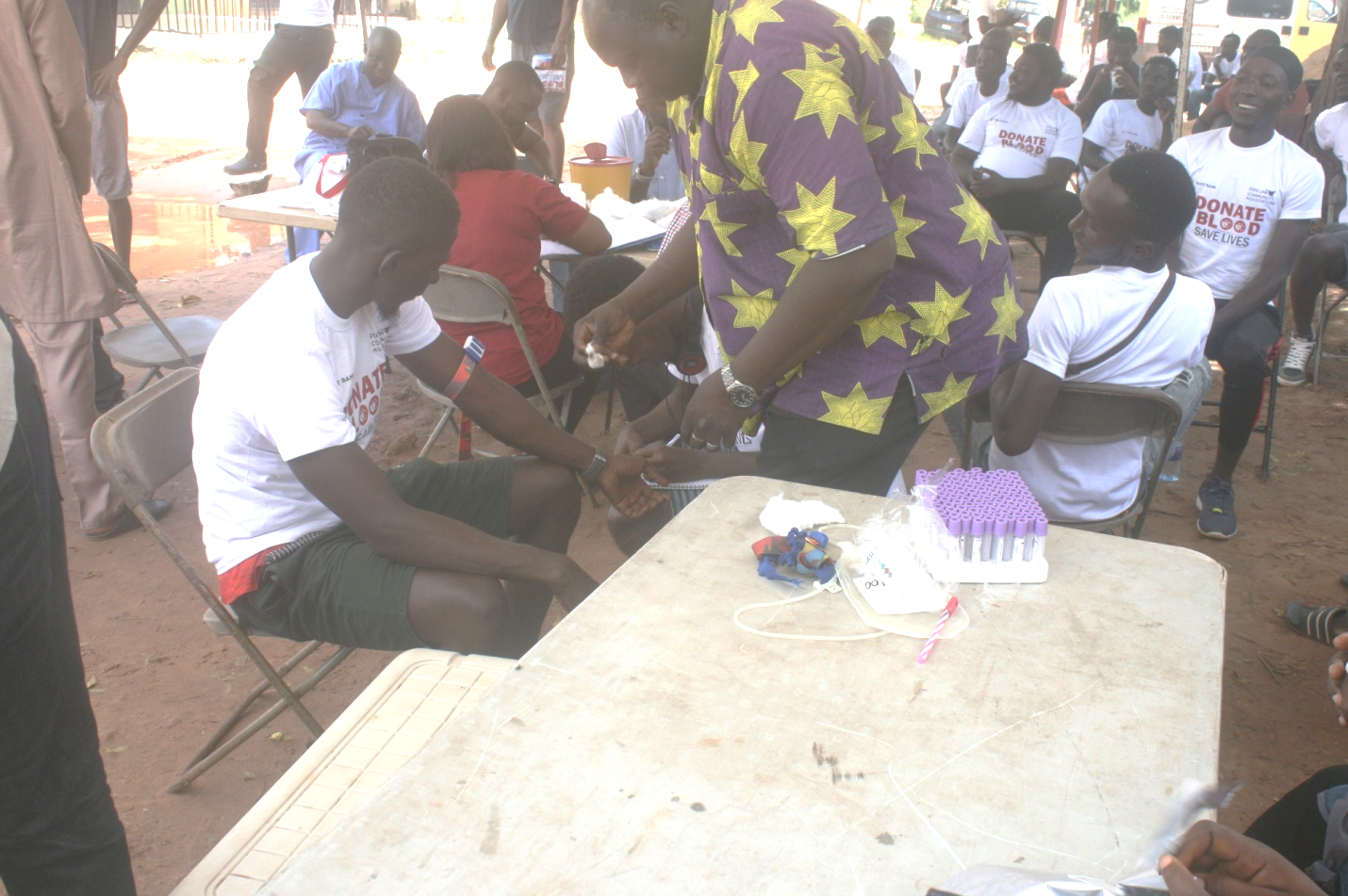
By Haddy Touray
The Gambia Revenue Authority (GRA) through its legal department in collaboration with other relevant Stakeholders on Thursday 6 June 2024 validated the proposed Post Clearance Audit PCA regulation.
Funded by the French Development Agency, the validation workshop brought key players within the maritime industry with the ultimate objective of drafting a robust and sound legal framework.
Speaking at the official opening ceremony GRA boss, Yankuba Darboe said the validation marked a significant milestone in our journey towards creating the legal framework for an efficient and effective post-clearance audit mechanism.
He recalled: “As you may be aware, the global landscape of trade is constantly evolving, demanding streamlined processes and trade facilitation measures that ensure the speedy clearance of goods and the payment of the correct duties and taxes to enhance government revenue.”
According to CG Darboe, Post Clearance Audits are a cornerstone of achieving delicate balance by conducting verifications after goods have been released, expediting the clearance process for businesses, minimising delays, and fostering a more vibrant trading environment.
Commissioner General Darboe further stated that an effective post-clearance mechanism also has the effect of improving Gambia’s score in the World Bank Ease of Doing Business Report by Shorteningthe time release period, which will ultimately help attract investors, promote economic growth, and strengthen the Gambia’s position in the global marketplace.
He noted that the effectiveness of post-clearance audits depends on the availability of a robust and sound legal framework, noting that the regulations that are to be validated will provide the essential foundation for the PCA section to operate with maximum efficiency and effectiveness.
This aligns perfectly with the principles outlined by the WCO and WTO for a global standard of streamlined and effective customs procedures.
The absence of clear regulations, he went on, can significantly affect the PCA section’s ability to fulfill its mandate.
“This regulation will establish a transparent, predictable audit process, and foster collaboration between GRA and the trading community. Businesses will have a clear understanding of the audit process, their rights and obligations in the post-clearance audit process to facilitate compliance during the audit process,” CG Darboe assured.
CG Darboe further alluded that it is the realization of this critical role of the PCA Section that prompted the Management of GRA, with the support of the French Development Agency, to recruit a resident Technical Assistant from the Liberia Revenue Authority for six months to assist the section in setting up the legal and institutional frameworks for the proper functioning of the PCA Section.
CG Darboe also seized the opportunity to thank Mr. Daniel for his dedication and excellent contributions to transforming the PCA Section.
“To the leadership and staff of the PCA section, I commend you for your willingness to learn and adapt innovative ideas and techniques from Daniel and your study tour and we look forward to an efficient post-clearance activity.”
CG Darboe mentioned that this validation is the outcome of the dedicated efforts of our staff at the PCA section, the Legal Department, and our various stakeholders
“I extend my sincere gratitude to everyone involved in the development of these regulations. Your contributions have been invaluable in shaping this important document.”
GRA boss thanked the French Development Agency for providing the necessary support for a study tour to Liberia, the recruitment of the technical assistant, and for providing the resources that have resulted in this validation seminar.
CG Darboe finally emphasized that the purpose of this gathering was to collaboratively refine and validate the proposed PCA regulation by the relevant stakeholders so that you can take ownership and make your contributions to the document.





